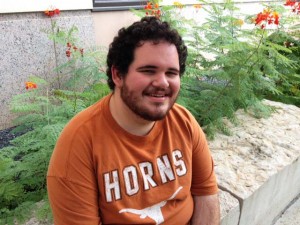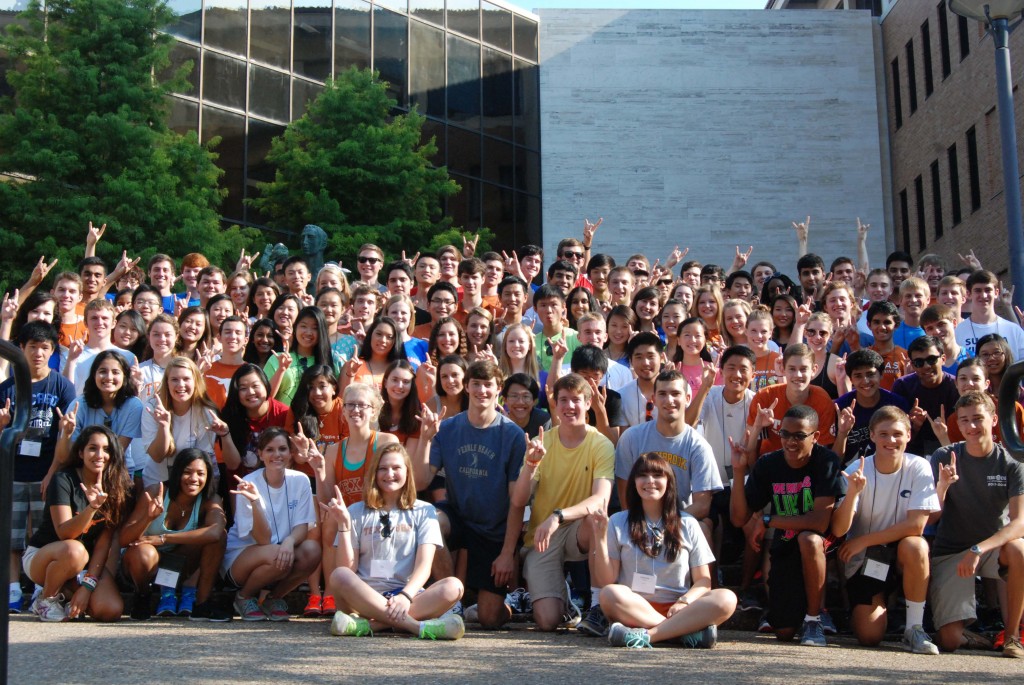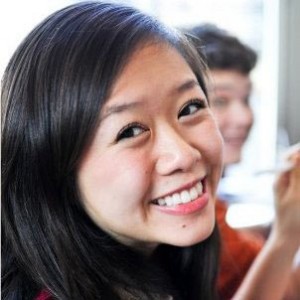 BHP junior, Michael Valdez, knew beginning his freshman year that he wanted to do an internship with Google. Starting the search for an internship early paid off when Michael was offered an intern position at the Google headquarters in Mount View, California. Michaels tells how his initial plans were to continue on to law school, but after a summer in Silicon Valley, life as a Googler may prove more persuasive.
BHP junior, Michael Valdez, knew beginning his freshman year that he wanted to do an internship with Google. Starting the search for an internship early paid off when Michael was offered an intern position at the Google headquarters in Mount View, California. Michaels tells how his initial plans were to continue on to law school, but after a summer in Silicon Valley, life as a Googler may prove more persuasive.
Location: Mt. View, CA
Title: BOLD (Building Opportunities in Leadership Development) Intern
What steps did you take to secure your internship?
I started the summer after my freshman year. I participated in BOLD Immersion, where Google invites college freshmen to their headquarters to meet and greets to feel you out and get to know you. I applied for the BOLD Internship that following November. This specific internship has an expedited application process; there are no essays, but a lot of interviews. I knew exactly what team I wanted to be a part of so I made sure I did a lot of research and prepared for every interview.
What were the responsibilities for this role?
I worked with the Google Grants Team, which donates AdWords to non-profit organizations. My role was to use statistics to help the team out and look at the program as a whole. I used a lot of statistics, data analysis and Excel.
Describe the culture within the organization.
Unique. The biggest part was the transparency, being open and honest with both Google users and employees. We made a dedicated effort to allow employees to be open and give feedback. There wasn’t any sort of Ivory Tower feeling. My boss worked on the ground floor. I had access to my manager and my manager’s manager. I was able to meet and have lunch with the VP and SVP of my department. There are no closed-door offices; the people were welcoming and easy to talk to.
What was most surprising or unexpected thing you experienced?
It was better than college. I honestly didn’t think any job would be better than college. Google had a college vibe with free food and transportation. Employees even call the workplace “campus.”
What advice would you offer your peers in the Honors Program about getting the most out of an internship?
It’s most important to be assertive in meeting people when you get there. I would constantly try to set up lunch and coffee appointments with people within Google. Not just recruiters, but people in other departments too. Go out and just really enjoy your experience. Don’t just get to know the people in your area and pigeon-hole yourself. Silicon Valley is especially open to that type of culture.
How did you find classes in the Business Honors Program to be applicable during your internship?
A lot of things I was doing I realized — wow, I just took a final on this six weeks ago. I used a lot of things I learned in Statistics 371H such as regression analysis, data analysis. Really just math in general was useful. Professor Kumar was awesome. He did a good job of getting that material drilled into our heads and really making sure we were ready to take on these roles.
How did this organization ensure you got the most out of your internship experience?
Google pulled out all of the stops. You’re assigned to a mentor that has nothing to do with your job, just to help integrate you into the Google community and show you around. Then you have a manager that sets your objectives and helps you with what you need to do your job. I met with my manager day-to-day and discussed my OKR objectives and key results. Interns are also grouped into a BOLD Team, which sets up classes for you to go to weekly and listen to executive speakers. There were tons of events put on for BOLD interns.
How did this internship affect or influence your future career?
Right now my major is Management Information Systems (MIS) and my original plan was to continue on to law school. However, after my experience in the tech world I now realizeI’m not going to law school. I feel really good about my tech skills, like coding. Google is really good about getting you comfortable around technology and keeping you confident in knowing what you’re doing. I really like the tech world and I really like Silicon Valley. I hope to go back next summer.
What are the most valuable lessons you gained from this internship?
Communication is probably the best means of advancing yourself in your internship no matter what you’re doing. Communicating with your team about what you’re doing and being collaborative is the key to success. Being able to create well-written emails is so important to an internship or really any job. It’s not about your area of expertise, but how well you’re able to communicate those findings.




